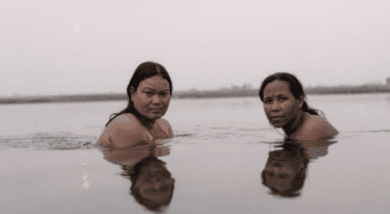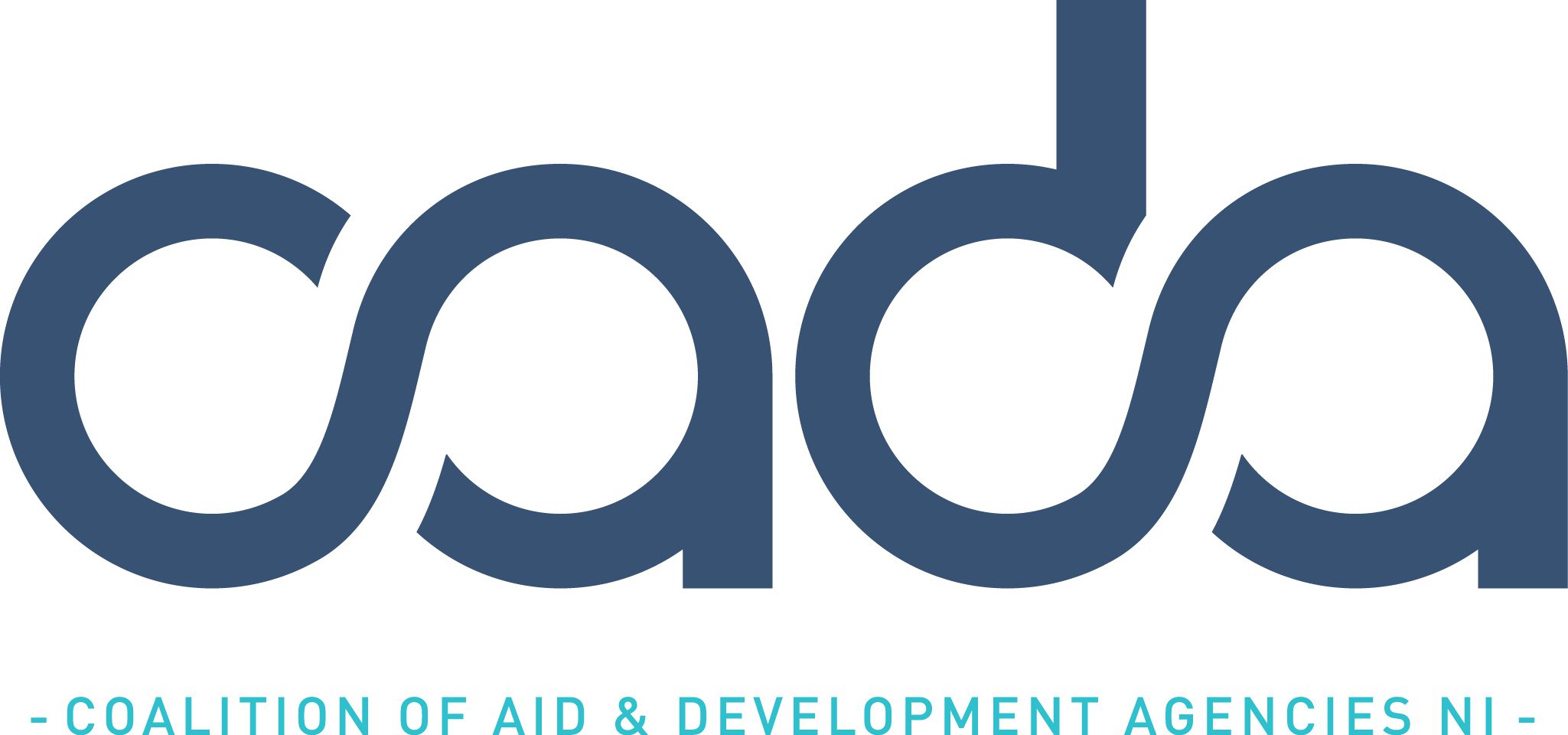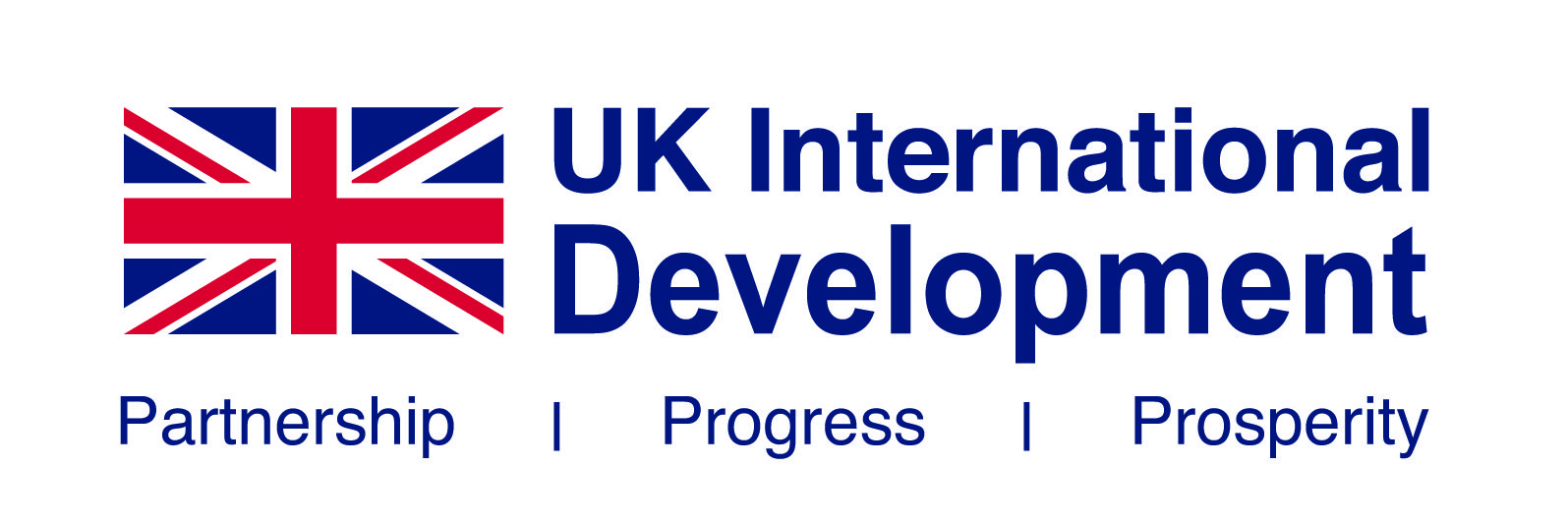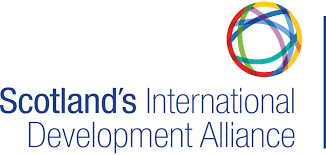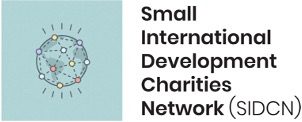18 September 2025
That Swedish ‘Fika’ Feeling (or Tackling the big Questions Together)

I’ve never been to Sweden before. From dashing out the door at 5am for the coach to Heathrow, to arriving back in the early hours of the morning 3 days later, it was a dizzying, inspiring, exhausting, and quite honestly life-changing experience. Dare I say it, my trip to Sweden last week was reparative.
In June, SWIDN worked with academics Dr Owasim Akram and Dr Tigist Grieve at the Centre for Development Studies in Bath and the University of Bristol (both SWIDN members) to host a panel event at the Development Studies Association annual conference. Four organisational members from across the SWIDN network shared about their experiences, challenges and progress in working to achieve greater equity in practice and shifting development programming away from the coloniality of its roots towards reparative practice. It was a big discussion, which you can watch here, and over tea afterwards, Owasim, Tigist and I were excited to build on the learnings from the discussion. Is it possible to repair the damage caused by traditional development approaches? How can we do this when the structures of aid are still so colonial in determining who has the power? Are efforts to localise development effective and enough? What, if any, is the role of UK-based organisations in shifting this power and what does progress towards this transformation look like in practice?
I had left Bath buzzing with ideas, and so I was thrilled when Owasim shared that his home University of Örebro would fund a workshop to continue the discussion in September, with a view to putting together a journal article. It could have been a terrifying experience, and I had to talk myself out of the imposter syndrome I travelled with. Could I do justice to SWIDN practitioner members in representing their work and experiences? When we know that academic thinking on development is decades ahead of the structural realities of practice, could a conversation between the two achieve an effective impact for both researchers and practitioners?
In Sweden, there is a morning tradition called a ‘fika’ which involves gathering together over coffee and something sweet to connect and share: much like SWIDN works to do with our members, but with Swedish pastries. This ‘fika’ feeling is one of community care, thoughtful hosting, sharing and challenging views, telling stories and learning together, and it is how I would describe the three days I spent in Sweden.
What I learnt? I learnt that, while we didn’t conclude whether or not development practice can be reparative, individuals can and are making choices to live reparatively. I heard stories of people with privilege living in ways that disrupt legacies of colonial harm by literally giving away what they have, by sharing resources within their privilege, and by practising continuous reflection, humility and respect for others in all aspects of their life, from what they eat, wear, and read, to how they engage with others and travel on the earth.
I experienced being called in to tackle racism with humour and friendship, by being invited to recognise my white privilege at the Swedish border and the power my British passport has to come and go without limits or labour, and to use my privilege to benefit my travel companion where I had the power to do so.
I experienced the most extraordinary care from Bangladeshi and Swedish hospitality, in the homemade sweets gifted to us for our daily ‘fikas’, in being met and guided around the new city of Örebro, in the incredibly thoughtful way our every needs were considered and met during our short stay. I even learnt the infectious joy of a TikTok routine when, having talked about decolonisation for 6 hours straight, the torrential rain scuppered our plans for a mental rest and a physical break. The same humorous friendship which had called me into antiracism, called us all into the value of silliness, as we got ourselves moving anyway, and perhaps more effectively than a walk. (The online evidence is still excruciating, but even the small moments played a part in storytelling, shared learning and collective care).
If I’m honest, I had hoped for answers. The optimistic practitioner in me believes that these exist, and that surely academics have them? What I learnt, however, was bigger and better than any answers. What I now think of as the ‘fika feeling’ is my hope for SWIDN. How can we as a community of people working for global justice offer each other the care we need to keep moving forward? What stories exist between us that inspire new ways of working, or nudge each other forwards on our challenging journeys of self-reflection and antiracism? How can we call each other in with humour and friendship towards recognising our own privilege, and using it to undermine the structures of aid that we all operate within? How can we be, to quote Margaret Mead, one ‘small group of thoughtful, committed citizens’ that can change the world? As the rest of the quote goes, ‘it is the only thing that ever has’.
We’d love you to join us on this journey. As a SWIDN member, your voice can be heard too. SWIDN membership ensures your experiences and perspectives are part of the conversations that help shape the solutions that our sector needs. You’ll also gain access to networking opportunities, funding alerts, plus free training and workshops to strengthen your work.
We’d love you to join us as part of the network connecting individuals working towards global justice across the south west and beyond. Click here to find out more.
Hannah Stevenson Doornbos is part of Team SWIDN. More information about our team members can be found here.


